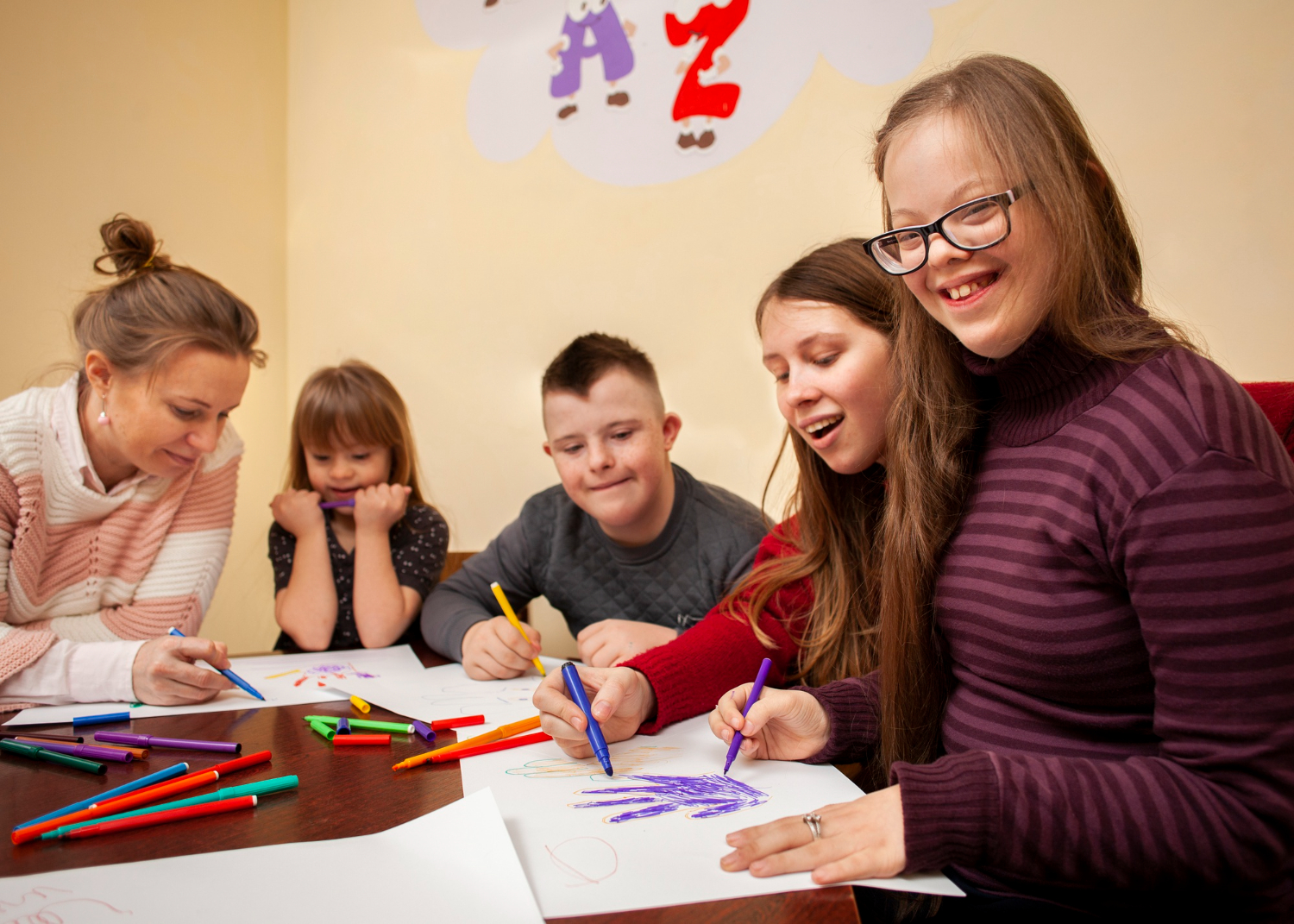Autism Spectrum Disorder (ASD) affects how a child communicates, interacts, and responds to the world around them. While every child develops at their own pace, recognizing early signs of autism can help families access support, diagnosis, and intervention at the most impactful time—during the earliest years of development.
🧠 Understanding Early Signs
Autism typically appears before age 3, though signs may emerge as early as 12 to 18 months. These signs can vary widely from child to child. Some children may show noticeable differences in communication and behavior, while others may exhibit more subtle delays.
🔍 Common Early Signs to Look For
1. Delayed or Limited Speech
- No babbling or pointing by 12 months
- No single words by 16 months
- Limited use of gestures like waving or nodding
- Echolalia (repeating words or phrases instead of using them meaningfully)
2. Lack of Eye Contact and Social Engagement
- Rarely makes or holds eye contact
- Doesn’t smile in response to others’ smiles
- Limited interest in people or difficulty engaging in social games like peek-a-boo
3. Difficulty Responding to Their Name
- May appear to “tune out” or not respond when their name is called, even if hearing is normal
4. Unusual or Repetitive Movements
- Hand-flapping, rocking, spinning objects, or lining up toys in a very specific way
- Engaging in routines or rituals and becoming distressed if they’re interrupted
5. Strong Reactions to Sensory Input
- Overreacts or underreacts to sound, textures, lights, or smells
- May cover ears, avoid certain foods, or seek intense sensory experiences like spinning
6. Limited Interest in Playing with Others
- Prefers to play alone
- May not show imaginative play or pretend with toys (e.g., feeding a doll or driving a toy car)
🩺 When to Speak With a Professional
If you notice one or more of these signs, it doesn’t necessarily mean your child has autism—but it’s important to share your concerns with a pediatrician, child psychologist, or developmental specialist. Early screening tools and evaluations can help identify developmental differences and guide next steps.
✅ Why Early Detection Matters
The earlier autism is identified, the sooner families can begin targeted interventions like ABA therapy, speech therapy, or occupational therapy. Early support has been shown to significantly improve communication, learning, and adaptive skills.
Trust your instincts. If you notice something that feels “off” in your child’s development, don’t wait. Awareness is the first step toward support—and every step counts.



